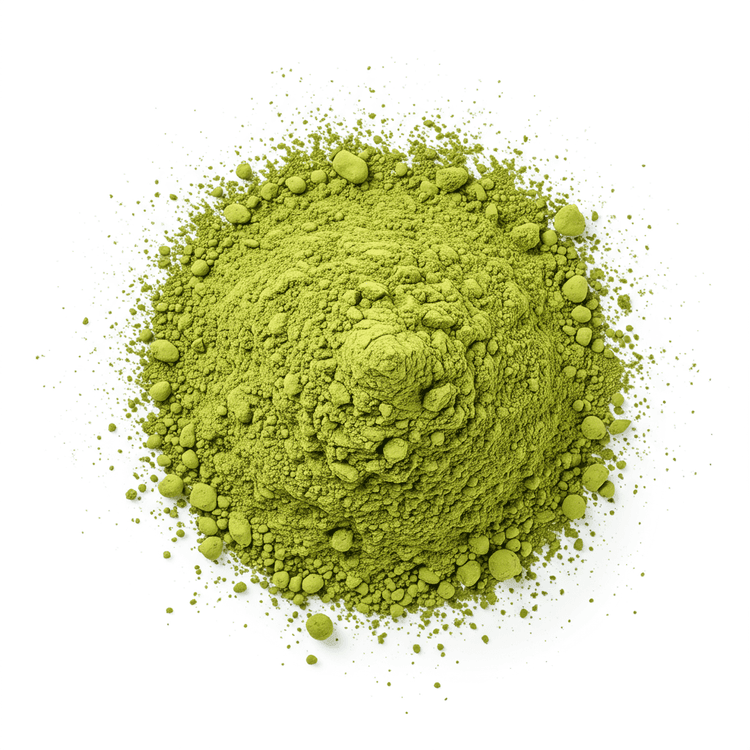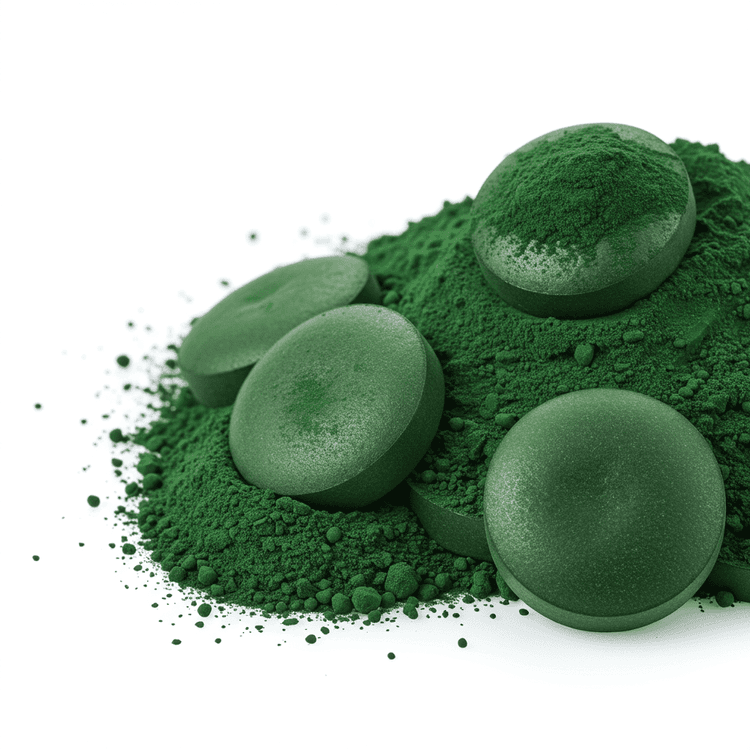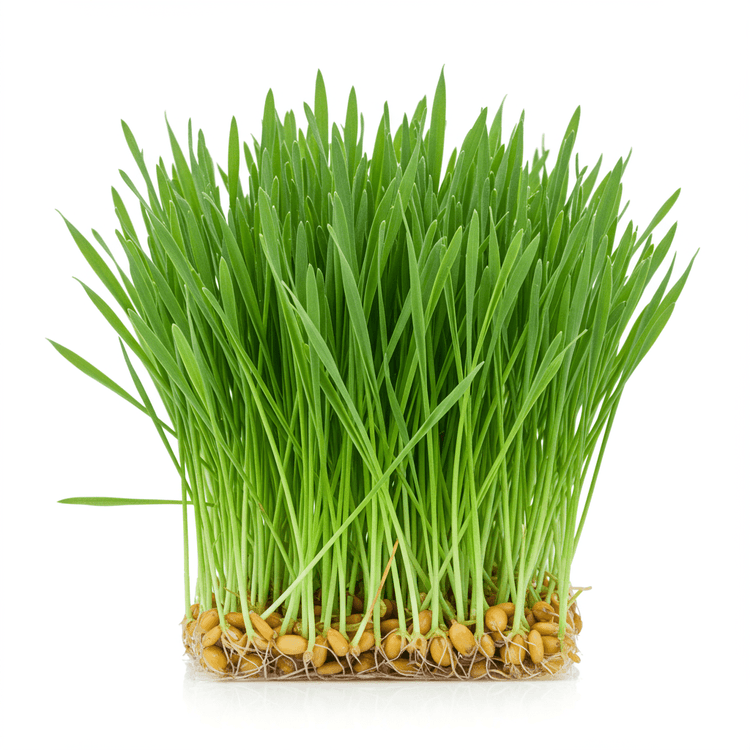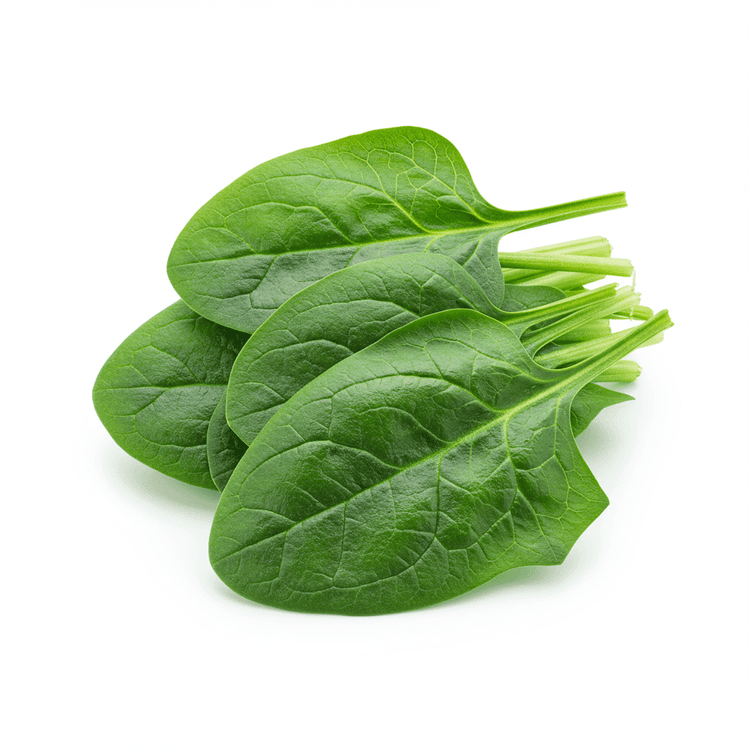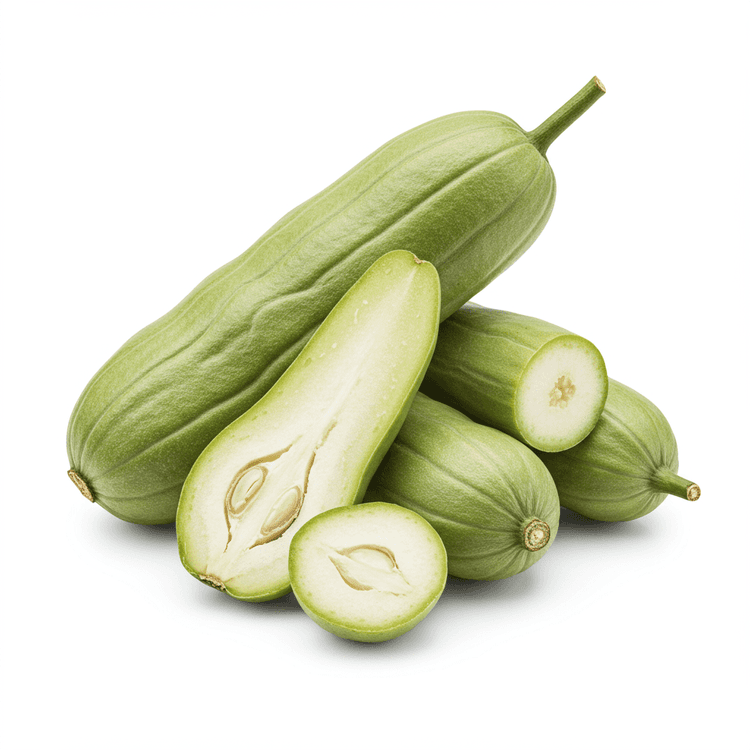
Moringa
Moringa, often referred to as the 'drumstick tree' or 'miracle tree,' is a nutrient-dense plant known for its tender leaves, pods, and seeds. The leaves have a slightly earthy, spinach-like flavor with a hint of bitterness, while the pods are mildly sweet and nutty. Moringa is bright green in appearance and is prized for its high levels of vitamins, minerals, and antioxidants, making it a popular ingredient in health-conscious recipes and traditional cuisines. Its versatility and superfood status have made it a sought-after ingredient in smoothies, soups, and herbal teas.
Common Uses
- Add fresh moringa leaves to soups, stews, or curries for a nutrient boost and a mild, earthy flavor.
- Blend moringa powder into smoothies or juices for a natural energy boost and added vitamins.
- Use moringa leaves to make herbal tea by steeping them in hot water, creating a refreshing and antioxidant-rich beverage.
- Incorporate moringa powder into baked goods like muffins, pancakes, or bread for a healthy twist.
- Stir-fry moringa pods with spices and vegetables for a flavorful and nutritious side dish.
- Sprinkle dried moringa leaves or powder over salads or rice dishes for a subtle flavor enhancement and added nutrients.
Nutrition (per serving)
Nutrition (per serving)
Calories
37.0kcal (1.85%)
Protein
2.1g (4.2%)
Carbs
5.2g (1.89%)
Sugars
0.0g
Healthy Fat
0.3g
Unhealthy Fat
0.1g
% Daily Value based on a 2000 calorie diet
Nutrition (per serving)
Calories
37.0kcal (1.85%)
Protein
2.1g (4.2%)
Carbs
5.2g (1.89%)
Sugars
0.0g
Healthy Fat
0.3g
Unhealthy Fat
0.1g
% Daily Value based on a 2000 calorie diet
Health Benefits
- Rich in antioxidants, vitamins, and minerals, making it a popular superfood for boosting overall nutrition.
- Contains plant-based protein, making it ideal for vegetarian and vegan diets.
- Often used in smoothies, teas, and soups for its earthy flavor and nutrient density.
- Known for its high fiber content, which supports digestion and healthy eating habits.
- Provides essential amino acids, which are beneficial for muscle repair and energy.
- Frequently incorporated into weight management diets due to its low-calorie profile and nutrient richness.
Substitutes
Chefadora AI is here.
Experience smarter, stress-free cooking.
Storage Tips
Store dried moringa powder or leaves in an airtight container in a cool, dark place away from direct sunlight to preserve freshness and nutrients. If you have fresh moringa leaves, refrigerate them in a sealed plastic bag or container and use them within a few days. For long-term storage, fresh leaves can be frozen in an airtight bag or container.
Marnirni-apinthi Building, Lot Fourteen,
North Terrace, Adelaide, South Australia, 5000
Australia
